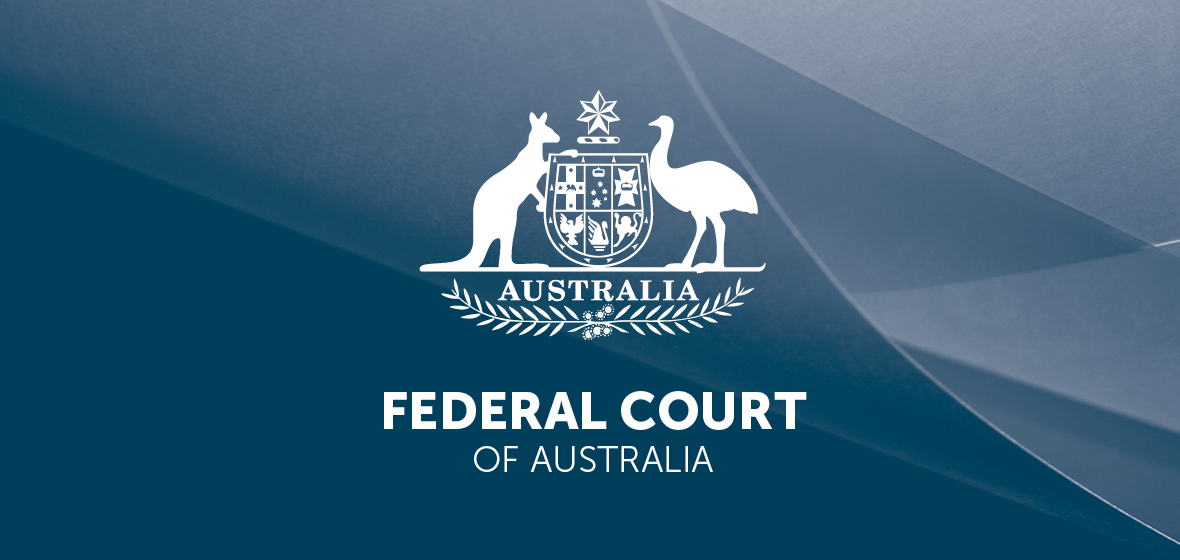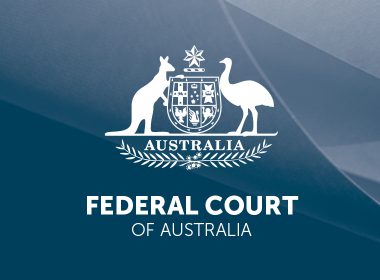Key decisions
- Hub Street Equipment Pty Ltd v Energy City Qatar Holding Company [2021] FCAFC 110
- Nobarani v Mariconte [2021] FCAFC 96
ARBITRATION
International arbitration – enforcement of award – where supervisory court appointed the arbitral tribunal – whether enforcing court should accept composition of the arbitral tribunal was in accordance with the agreement of the parties – comity
Hub Street Equipment Pty Ltd v Energy City Qatar Holding Company [2021] FCAFC 110 (25 June 2021) (Allsop CJ, Middleton and Stewart JJ)
The principal issue in these proceedings was whether an award should be enforced in circumstances where the appellant (‘Hub’) contended that the composition of the arbitral tribunal was not in accordance with the agreement of the parties as envisaged by s 8(5)(e) of the International Arbitration Act 1974 (Cth) (‘IAA’) notwithstanding that the tribunal was appointed by a court at the seat of the arbitration in Qatar. There was an additional issue as to whether the Court should exercise its discretion to recognise and enforce the award in issue.
Section 8(5)(e) of the International Arbitration Act: Section 8 provides that a foreign award is binding for all purposes on the parties to the award and may be enforced in the Federal Court as if the award were a judgment or order of that court.
The court may only refuse to enforce the foreign award in the circumstances mentioned in subsections (5) and (7). Relevantly, s 8(5)(e) provides that ‘…in any proceedings in which the enforcement of a foreign award is sought…, the court may, at the request of the party against whom it is invoked, refuse to enforce the award if that party proves to the satisfaction of the court that the composition of the arbitral authority or the arbitral procedure was not in accordance with the agreement of the parties or, failing such agreement, was not in accordance with the law of the country where the arbitration took place…’.
Background: The respondent (‘ECQ’) the award creditor, is a company incorporated in Qatar. Hub, the award debtor, is a company incorporated in Australia. In 2010, ECQ and Hub entered into a contract for Hub to supply and install street lighting equipment and accessories, and street furniture and accessories, in Doha, Qatar. Relevant contractual provisions included that:
- if any dispute could not be amicably resolved and was referred to arbitration, the ‘Arbitration Committee’ was to consist of three members, one chosen by each of the parties and the third member by the two party appointees. If a decision could not be reached in relation to the third member the appointment of that member could be referred by either party to the Qatari Courts for determination (Art. 46)
- the contract was made in the State of Qatar and is subject to the laws of the State of Qatar (Art. 47).
- English was the ruling language of the contract and accordingly all matters relating to the contract shall be in English (Art. 50).
In August 2011, ECQ paid US$820,322.16 to Hub under the contract as an advance payment. However, in 2012 ECQ decided not to proceed with the contract and sought repayment of the money paid under the contract.
ECQ did not send a notice to Hub pursuant to the contract giving Hub an opportunity to appoint one member of the arbitration committee. Instead, in June 2016, ECQ filed a statement of claim in the Plenary Court of First Instance of the State of Qatar in reliance on Art 195 of Law No. 13 of 1990 promulgating the Civil and Commercial Code of Procedure (Qatar) of the Qatari Civil Procedure Code (‘Art 195’) seeking orders that the Court appoint an arbitral tribunal of three arbitrators including an arbitrator nominated by ECQ. Hub did not participate in the Qatari Court proceeding.
The Qatari Court made orders in January 2017 appointing an arbitral tribunal. Thereafter, the arbitral tribunal sent to Hub’s nominated address six notices in English about the conduct of the arbitration between April 2017 and July 2017, with the arbitration being adjourned on three occasions due to Hub’s failure to attend. Hub did not participate in the arbitration proceeding.
On 1 August 2017, the arbitral tribunal issued an award, in Arabic, obliging Hub to pay ECQ amounts totalling in excess of $1,045,000.


